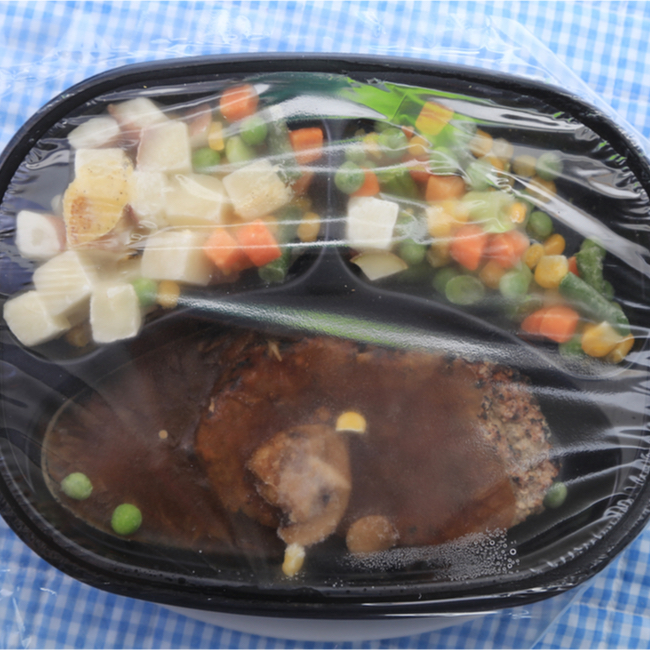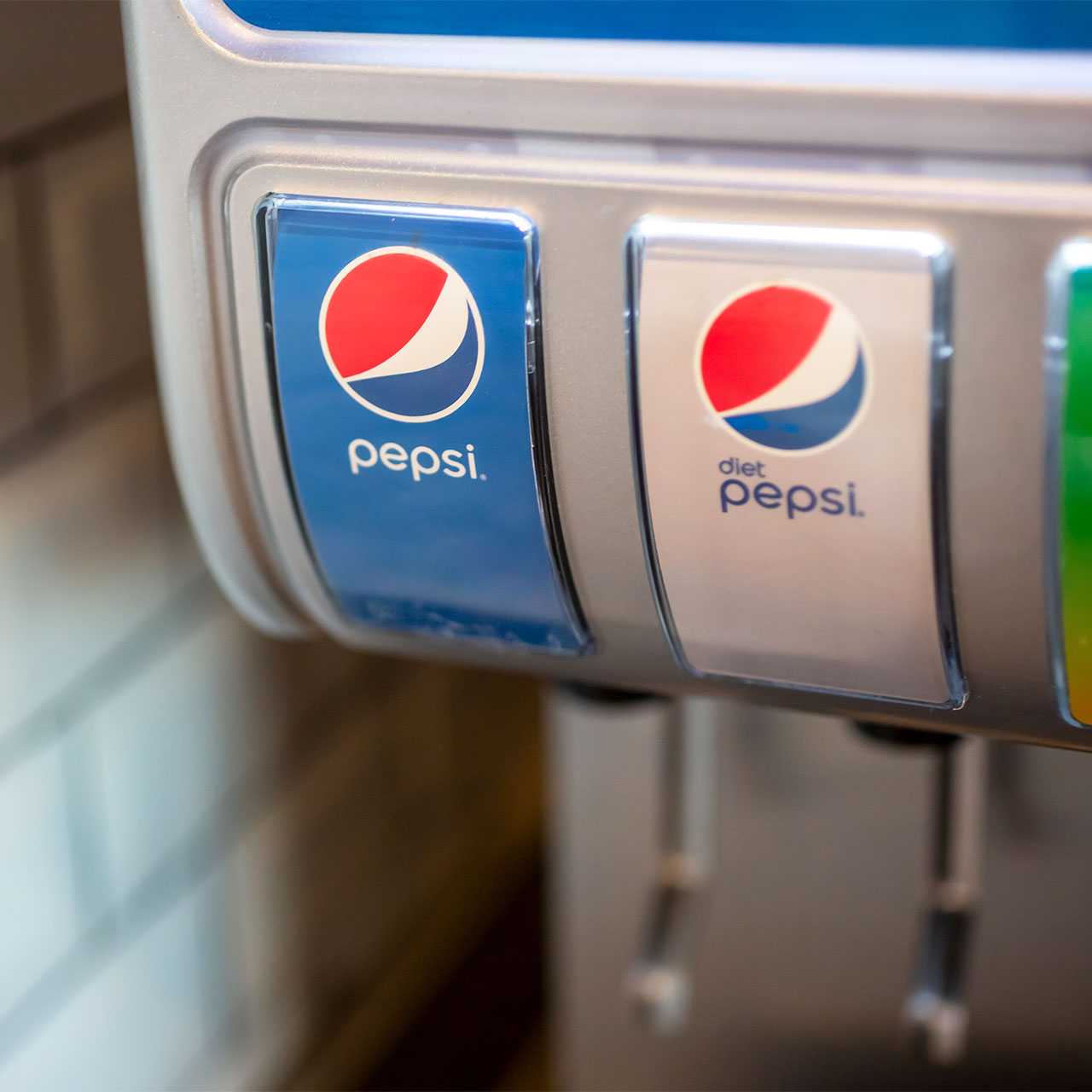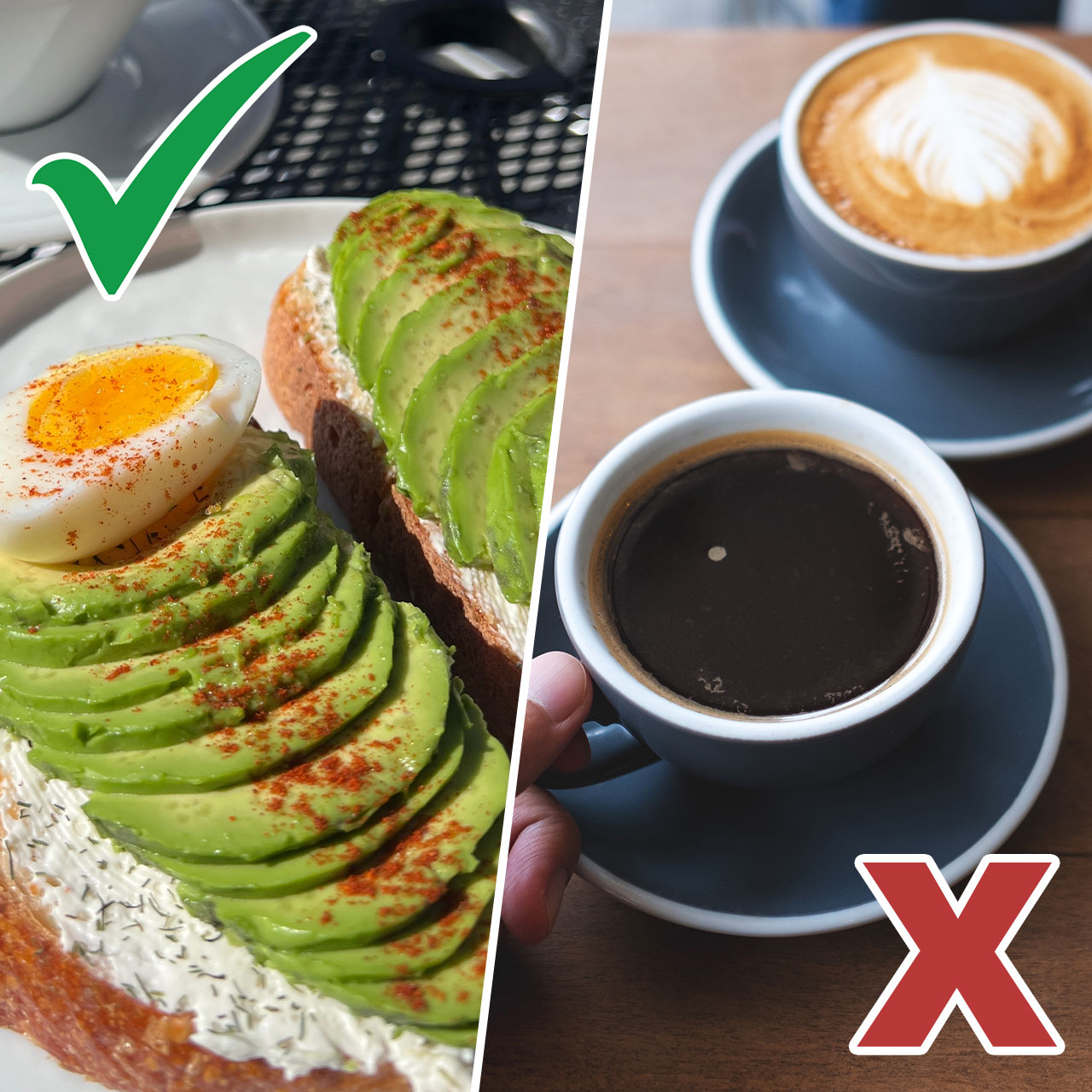Creating healthy and balanced meals to fill your diet for weight loss is essential for seeing positive changes in your body, and cooking yourself nutrient dense dishes is one of the best ways to know exactly what’s going into your body. While processed foods are generally recognized as not the healthiest options to consume regularly, it can be difficult to know where that line is drawn, particularly when it comes to microwave meals.
It all depends, of course, on which frozen dishes you’re opting for to include in your diet, but although these meals are widely considered to be unhealthy as well, the reality is that they may be just as good for you as fresh foods, with some notable pros and cons.


They can be high-sodium
Looking at the nutrition facts of any frozen or pre-packaged meal will allow you to know exactly what ingredients you’re putting into your body, and while frozen dinners can be considered healthy if you’re choosing one with a great variety of macronutrients, they can also be extremely high in sodium. “Sodium is the biggest trap with pre-made dinners. We shouldn’t eat more than 2300 mg of sodium each day and many of those meals contribute to overall sodium intake significantly,” warns Paula Doebrich, MPH, RDN. Consuming an excess of sodium can lead to bloating and inflammation, as well as your body holding onto water weight which can be downright uncomfortable.

They can be more nutritious than fresh foods
Aside from the sodium content of your meals, microwave dinners can actually be just as nutritious, if not more, than fresh dinners and if you need to rely on these meals to keep you healthy on a busy schedule, Doebrich says more power to you. “The microwave has been demonized for decades and it’s time we stopped scaring people from using this perfectly safe cooking method,” she notes. “It can be a great way to get nutrients in for people who do not have time to cook and in some cases, health benefits will even be enhanced.” That being said, you still need to make sure that the choices you’re making are balanced, finding frozen meals that offer a variety of protein and veggies while being low in sodium and sugar.
It’s no secret that vitamins and minerals are vital for a healthy and well-nourished body, and microwavable dinners can be rich in a number of essential nutrients. “Some foods will be more nutritious when microwaved because microwave ovens use less heat than other cooking methods and the cooking time is shorter,” says Doebrich. “Nutrients that are usually destroyed with heat exposure include vitamin C, some B vitamins, and folic acid, as well as many antioxidants. So, using the microwave to prepare healthy meals could have some health-enhancing effects.” Of course you’ll still have to choose meals that include these nutrients to begin with, but frozen dishes can preserve them more effectively to nourish your body.
A good rule of thumb when choosing a frozen dinner is to make sure that your dish has a serving of vegetables, about a quarter of a plate of protein, and a quarter of a plate of whole grains suggests Doebrich. This will maximize the satiety of your dinner, keeping you full for longer and reducing the need for mindless snacking. In turn, this will make healthy weight loss effortless. At the end of the day, Doebrich says, there should be no fear surrounding microwave meals so long as you’re checking the nutrition label. “There is little difference in nutritional value between microwaved versus otherwise cooked foods.”


























